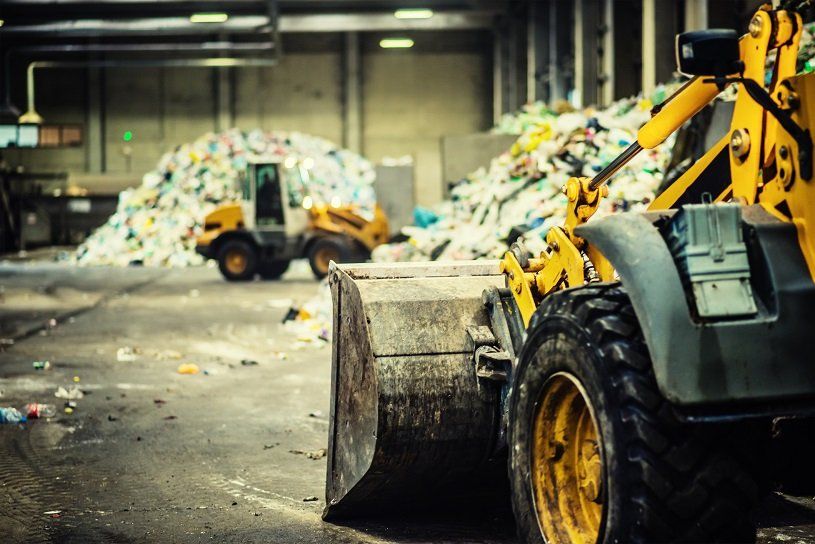
As the world grapples with growing concerns of how to deal with plastic waste, two Australian scientists have recently developed technology they say could make all plastic recyclable. This new patented technology could be the answer to creating a more sustainable way of disposing of the 3.5 million tonnes of plastic that Australians throw out each year – which only 10 percent of which is currently recycled with the rest either burned, buried or shipped overseas.
The catalytic hydrothermal reactor
Developed by Len Humphreys and Sydney University professor Thomas Maschmeyer, the catalytic hydrothermal reactor (Cat-HTR) is technology that has been in the works for the last 12 years. Despite this, the announcement comes at a time when the question of what to do with the country’s waste has been thrown into question after China announced in January of this year that it would stop taking Australia’s waste.
The (Cat-HTR) utilises a form of chemical recycling that changes the plastics at a molecular level using hot water at a high pressure to turn them back into oil from which it originally came. It’s thought that such technology could be used to make all plastics recyclable.
“Basically, it’s a technology which breaks down plastics through heat,” Maschmeyer told VICE. “And we do that in a way that is more controlled than other technologies.”
These “other technologies” refer to pyrolysis, which essentially dissolves materials by exposing them to extreme temperatures. What makes the Cat-HTR different however, is that it does not require plastics to be separated according to type and colour, and can recycle a mix of plastics including PET, polypropylene, polystyrene, soft plastics, and multilayer flexible plastic packaging. This would significantly increase the amount of plastics that could be recycled and, due to the Cat-HTR producing a high yield of oil from plastic, it can be recycled back through the process.
Cat-HTR moving forward
This technology has been trialled on the NSW central coast for the last 10 years and Licella, a global leader in hydrothermal upgrading, is now ready to take it to market. The company is planning to open its first commercial recycling plant in the United Kingdom, which is set to undergo construction in 2020 and Maschmeyer and Humphreys are in discussion to expand the technology elsewhere.
“We’re five or six years behind the thinking of what really stimulated the market in Europe,” Dr Humphreys, Licella’s co-founder and chief executive officer, told the ABC. He said this is due to the UK government’s grants and policy are more favourable than those in Australia.
A different way of thinking
For an industry that is being described as “in crisis”, the Cat-HTR reveals a silver lining that could help to reduce the issue, with commercial facilities said to be able to process around 20,000 tonnes of plastic a year.
“We believe [this technology will lead to] a paradigm shift for the world,” Machmeyer said. “This will change the discussion from plastic as a problem to plastic as a valuable resource. It’ll change the way people approach collecting it, and it will lead to a dramatic reduction in environmental pollution.”
We can help source the best people for the science and technology industries to help facilitate your business growth. Get in touch with us today and find out how.



